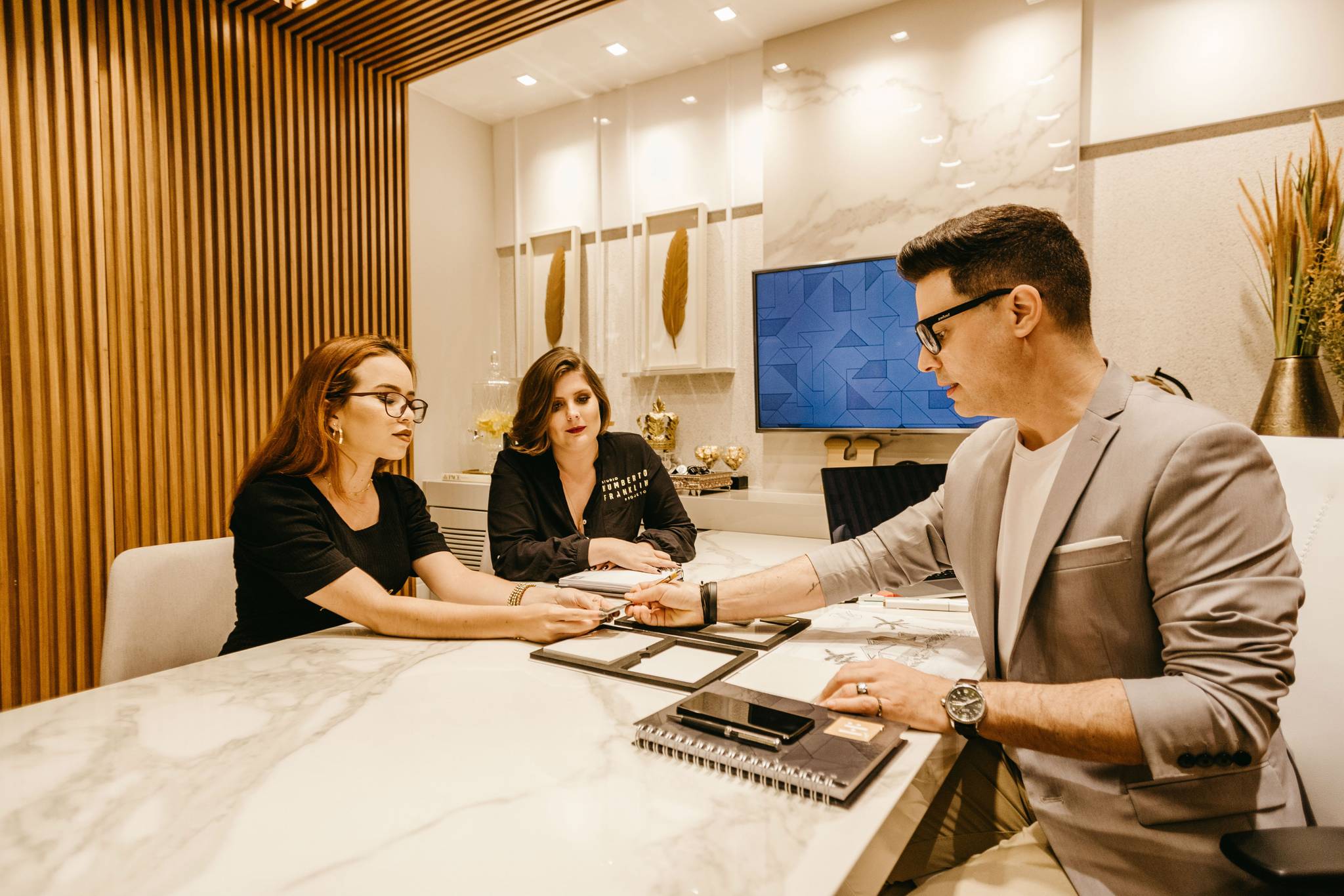
Research from Ohio State University has found that despite showing interest in majors with high earning prospects, women often choose subjects that result in lower-paying jobs. It hints at the reasons for gender imbalances in STEM sectors and creates opportunities for brands to change the narrative. We explore the insights behind why women are deterred from STEM jobs in America and consider how brands can create more receptive professional environments.
The researchers asked 2,720 students from three institutions offering STEM majors to rate the importance of certain factors when choosing what to study: money earned, career options, engaging classes, and helping others. "The pattern was clear: the majors men choose are associated with significantly higher earning than the majors women choose, regardless of men's and women's major preferences," says sociologist Natasha Quadlin.
Even when prioritizing factors such as helping others, men frequently pursued doctor roles while women chose lower-paying nursing roles. "There's research that suggests men and women have very different ideas about what types of careers and fields are open and available to them," says Quadlin. "Some STEM careers that pay the most may not be as receptive to women as they are to men, so women adjust what majors they select." The findings suggest that the culture around STEM careers is due for an update “so that women feel the field is more open and receptive to them."
In 2019, female college-educated workers were set to outnumber their male counterparts, marking a historic turning point. However, not one US state has more female STEM degree-holders than men. The study suggests that to change this, it isn’t enough to advertise STEM subjects as high-paying and helpful careers. With research showing that girls’ interest in STEM subjects wanes between middle school and high school, brands and educational institutions may look to rebrand STEM as a receptive and open field during early school years so that girls recognize these routes as accessible.
Addressing this is 1000 Girls, 1000 Futures, a course designed to help young women around the world pursue STEM subjects. Meanwhile, in the UK, Cyberfirst's all-female cyber-training scheme incentivizes women to start careers in the cybersecurity industry.
Anna Yaffe is an intern at Canvas8 and a psychology and cognitive neuroscience graduate. Manchester born and bred, she can be found reveling in all of London’s tourist hotspots whilst making her way through the entire collection of Desert Island Discs podcasts.



